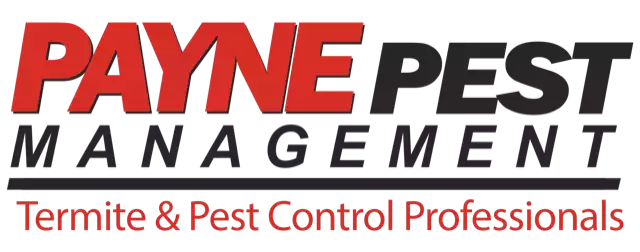Norway rats and mice are the two most common household rodent pests that you might have the displeasure of encountering. In this article, we’re going to cover these two species and the differences between them.
The Norway rat
The Norway rat is a fairly large rodent, being able to reach lengths of up to 16 inches when you include the tail. Rat infestations tend to be more serious than mouse infestations, simply because the rats are bigger, and so they can cause more damage and they need to eat more. In terms of the damage that they can do, Norway rats will chew on furniture and other objects in the home, chew through insulation, and even chew through electrical wires. On top of that, rats can spread dozens of diseases in the home, so getting an infestation under control as soon as possible is essential.
Mice
There are numerous mouse species out there, but in most home infestations, you will be dealing with the house mouse. The house mouse is very small compared to the rat, usually about eight inches long, tail included. Mice can also spread several diseases, and they gnaw on objects and surfaces around the home. However, since they are smaller, the damage that they do to the home is smaller as well.
How both species are controlled
Both species are controlled using either poisons or traps, but you will need different types of poisons and traps for each species. For example, mouse traps are usually too small for rats, and mouse poisons are sometimes not toxic enough. As such, it’s important to identify whether you are dealing with rats or mice before any control process begins.
A pro will perform an inspection at first, to determine the species, the location of the nests, the severity of the infestation, and the main areas of activity. If the infestation is fairly small, traps are the go to method, because they are fast and they do not require a lot of cleanup. However, when dealing with a larger infestation, a pro will use poisons, which will more easily kill a lot of rodents, but which will require cleanup afterwards.
If you would like to know more information about these two species and how they are controlled, or if you suspect that you have a rodent infestation in the home, get in touch with us today and we will help you out.







